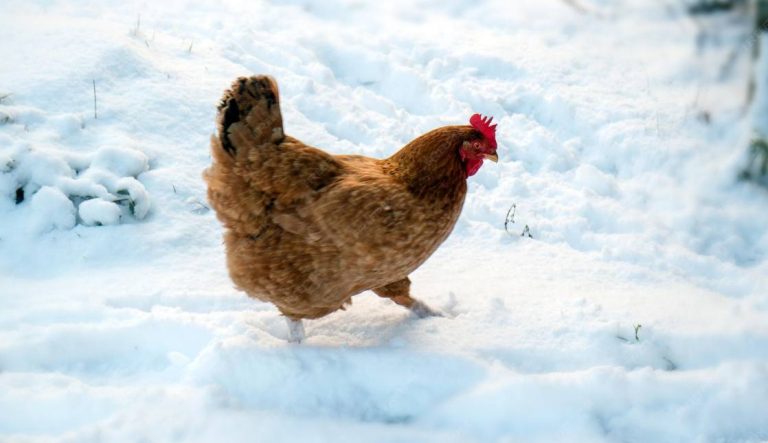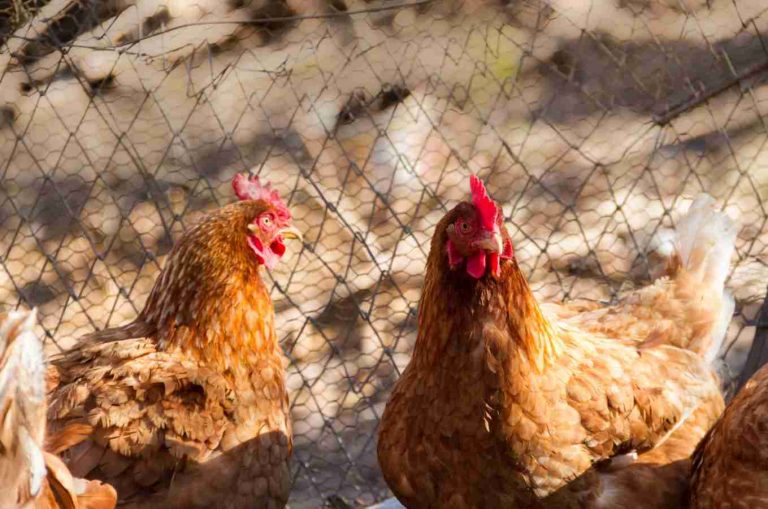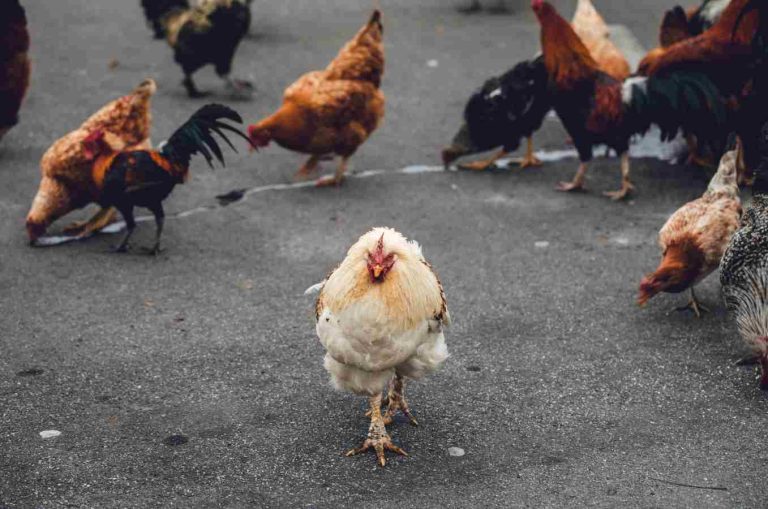What Sets the Base Price for a Custom Chicken Coop?
How Does Size Affect the Cost of a Coop?
Small vs. Big Coop Designs
The size of a custom chicken coop is a huge deal when it comes to its base price. If you’ve got a small flock—say, under 15 chickens—a compact coop keeps them cozy and safe while being easy to manage. These smaller setups are usually cheaper since they use less material and simpler builds.
On the flip side, if you’re planning to grow your flock or already have over 15 chickens, a medium or large coop is a smart move. Bigger coops give more room for roosting and nesting, but they need more materials and work, which bumps up the cost.
How Flock Size Shapes Coop Size
The number of chickens you’ve got decides how big your coop needs to be. For happy, healthy birds, each one needs enough space. So, the more chickens, the bigger the coop.
Plus, high-density setups like stacked cages or multi-level designs can pack in thousands of birds using vertical space. Generally speaking, a four-layer cage is used as an example: a 15-meter-wide, 100-meter-long and 4-meter-high cage can breed 48,000 to 51,120 chickens.
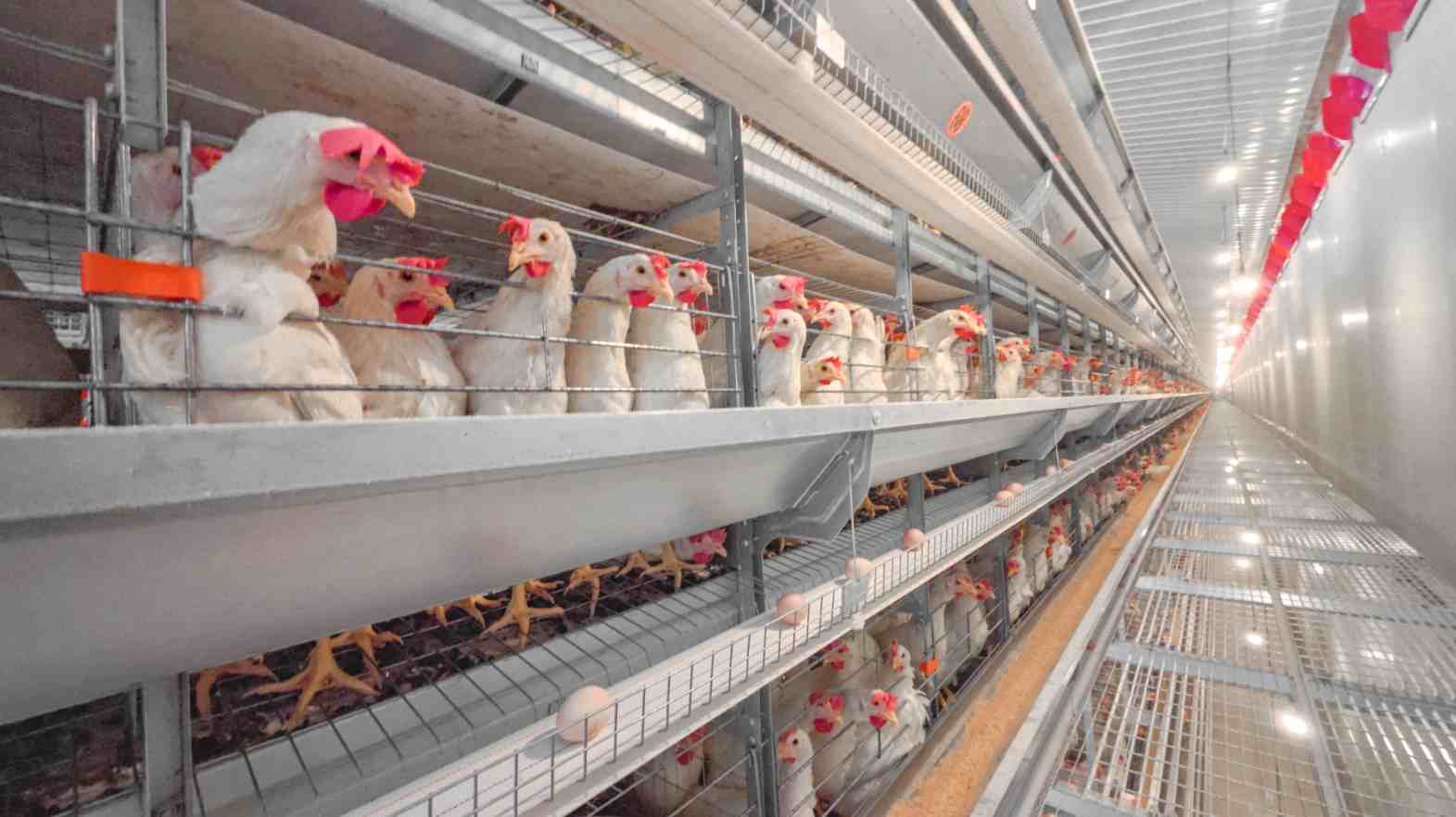
What’s the Deal with Material Quality and Pricing?
Common Materials in Coop Building
The materials you pick make a big difference in both the upfront cost and long-term value of a Custom Chicken Coop. Lots of custom coops use wood with weatherproof coatings or steel for toughness. For instance, hot-dip galvanized steel is a go-to for industrial-grade coops since it fights off rust and corrosion.
Crafted from high-quality prefabricated steel, our chicken coop offers a robust solution for housing poultry in a safe and controlled environment.
Durability and Weatherproofing
Tough materials might cost more at first but save you on upkeep down the road. ZEUS custom chicken coops are known for excellent color hold and durability. Galvanized steel provides excellent corrosion resistance and long service life of 15 – 20 years, standing up to all kinds of weather. Picking high-quality materials keeps your coop working and looking good for years.
Are Fancy Designs and Looks Worth the Extra Cash?
Simple Layouts vs. Multi-Purpose Designs
Basic coops with just egg-laying zones and perches are wallet-friendly but might not be super flexible. Fancier designs add stuff like soft nesting pads and curtains.
With ZEUS’s variety of options you can tailor your coop to make it more user-friendly secure comfortable flock.
Cool Architectural Touches and Custom Finishes
Adding details like dormer windows, custom trim, or decorative paint ramps up the style—and cost—of your coop. Choosing a coop color and style that matches or complements nearby structures can create a cohesive look.
High-end finishes don’t just look dope—they also last longer when you use top-notch exterior coatings.
How Do Extra Features Affect the Final Price?
Which Add-Ons Boost Utility and Cost?
Nesting Boxes, Roosting Bars and Feeders
These must-have parts come in different designs and material qualities. Providing comfortable nesting tailored number hens ensuring each place lay eggs peace Roosting perch night comfort well-being.
Built-in feeders cut down on food waste and water systems keep things clean—both add value but jack up the cost.
Climate Control System
High-tech stuff like heaters or fans can seriously hike up the price but make things way easier. The computer uses the preset environmental standards to actively adjust the ventilation method according to the current environment.
These are especially handy for big operations or places with wild weather swings.
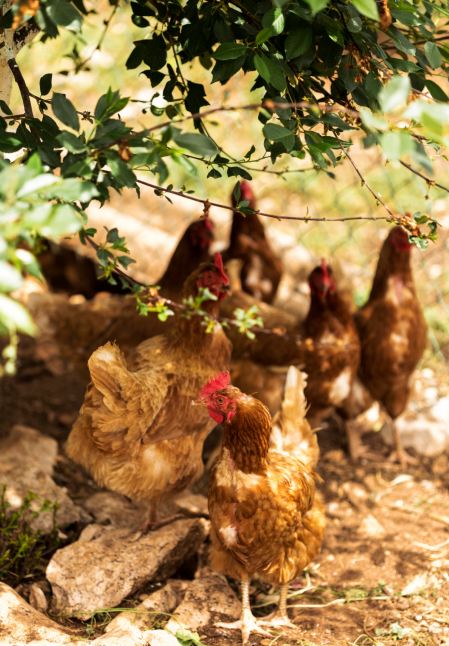
Is Ventilation and Insulation Worth the Investment?
Seasonal Needs for Temperature Control
Good ventilation stops moisture buildup that can cause mold or breathing issues for chickens. In cold areas, insulation keeps things warm. In hot spots, it keeps the coop cool.
Chicken coop push-pull exhaust fans ensure steady flow fresh air, good ventilation and cooler summer. They help control humidity, creating healthier environment flock.
Long-Term Perks of Steady Airflow
Spending on solid airflow cuts disease risk and boosts egg-laying rates over time—making it a smart move for your wallet and your flock.
Why Pick ZEUS for Your Custom Chicken Coop Needs?
Who’s ZEUS and Why Are Their Chicken Coops Awesome?
At ZEUS, we’re all about high-efficiency poultry housing for both small farmers and big commercial setups. Our decades of know-how let us deliver custom chicken coops that mix practicality with fresh ideas.
We offer both A-type and H-type cage structures tailored for different farming scales.
Design Vibes Focused on Function and Style
Our products blend usefulness with smart design—from smooth feed troughs to built-in manure belts—all about better animal care and less work.
What Customization Options Does ZEUS Offer?
Modular Layouts with Expandable Features
We’ve got modular setups that let you grow your coop as your flock gets bigger. By using stacked configurations such as A-type or H-type designs, farmers can house one hundred thousand to two hundred thousand chickens in a single facility. ZEUS have customizable options for all farms.
Top-Notch Materials and Craftsmanship
All our gear is built with surface hot-dip galvanized steel for max durability, even in tough conditions.
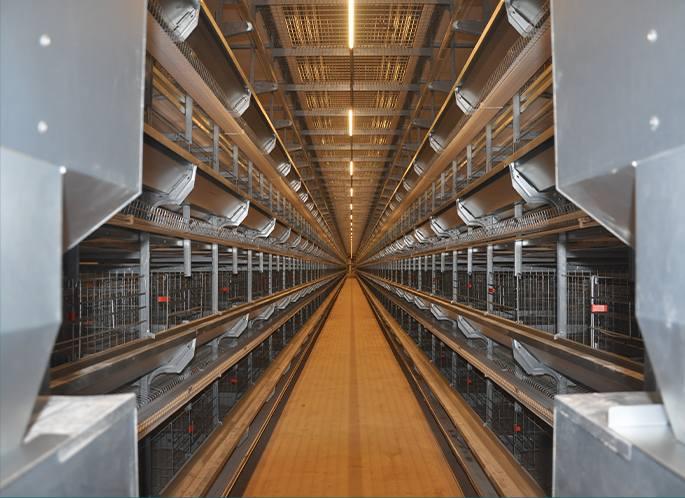
How Does Location Affect Chicken Coop Costs?
What Prep Work Is Needed Before Setup?
Grading, Foundation Work and Access
Before you set up, you’ll need to level the ground or lay a foundation. These tasks depend on how tricky the terrain is but add a chunk to the total cost.
Accessibility also affects labor time; far-off spots might need extra transport planning.
Are There Regional Price Differences?
Labor Costs by Area
Labor prices vary by region, which hits installation costs hard—city areas usually cost more than rural ones due to higher wages.
Local Building Codes or Permits
Some places need permits for animal housing, which can mean fees or inspections. Meeting local codes might require tweaking the design, adding more costs.
What Ongoing Costs Come After Buying?
How Much to Budget for Upkeep?
Cleaning Supplies and Fixes
Routine stuff like disinfectants and occasional repairs (hinges, wire mesh) are part of ongoing costs. Picking tough materials cuts these down over time.
Do Energy-Saving Features Cut Long-Term Costs?
Solar Lighting or Battery-Powered Add-Ons
Energy-smart upgrades like solar lights save on electric bills and boost eco-friendly farming. ZEUS lighting system mostly uses 48v LED bulbs, which are waterproof, safer with low voltage and more uniform illumination.
Ensuring choose functional features day-to-day care easier enhance comfort safety happier healthier life chickens.
FAQ
Q: How do I figure out what size chicken coop I need?
A: Base it on flock size; each chicken needs at least 450 cm² of space.
Q: Are custom chicken coops harder to maintain?
A: Not really—customization lets you add stuff like easy-access doors to make upkeep simpler. Customizable access doors tasks convenient allowing reach into without disturbing.
Q: Can I add automation for my chicken coop later?
A: Yup! Many ZEUS models support modular upgrades including IoT systems.
Q: Do I need insulation for my chicken coop in a mild climate?
A: Not always, but insulation helps handle surprise cold snaps, keeping your flock healthier.
Q: Why go with ZEUS over other brands?
A: We offer ISO9001-certified products crafted from premium materials backed by decades of industry expertise.


